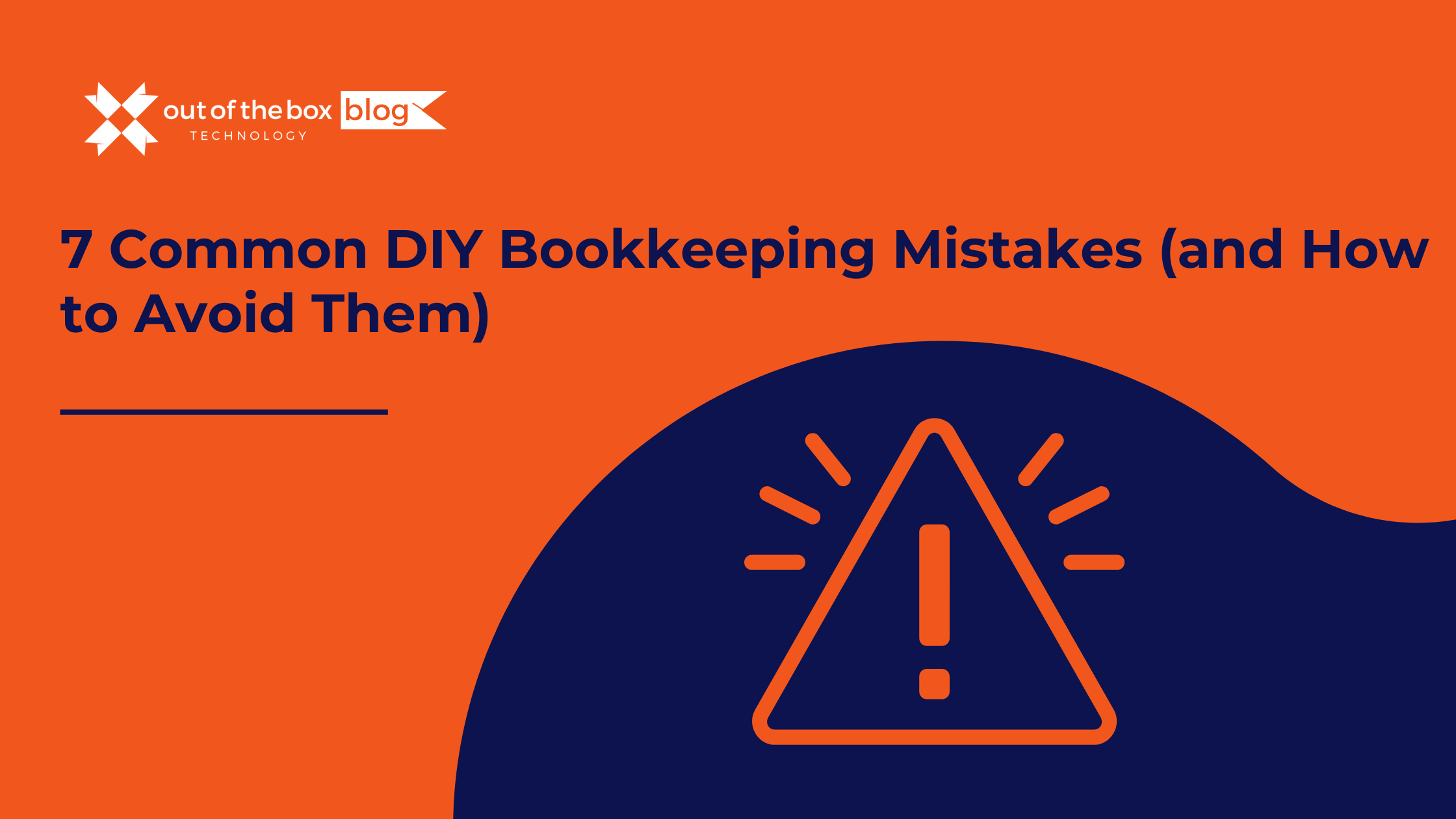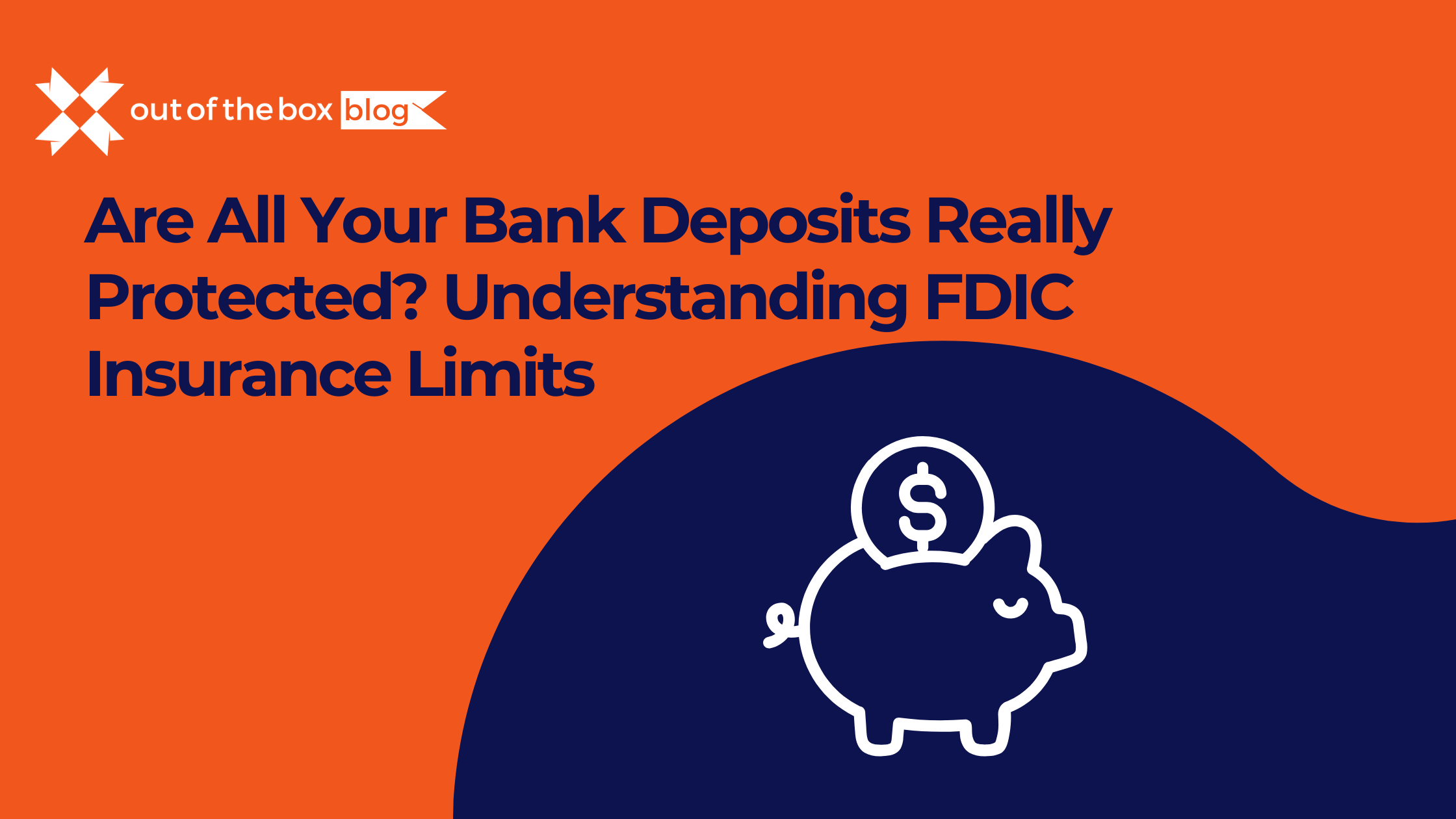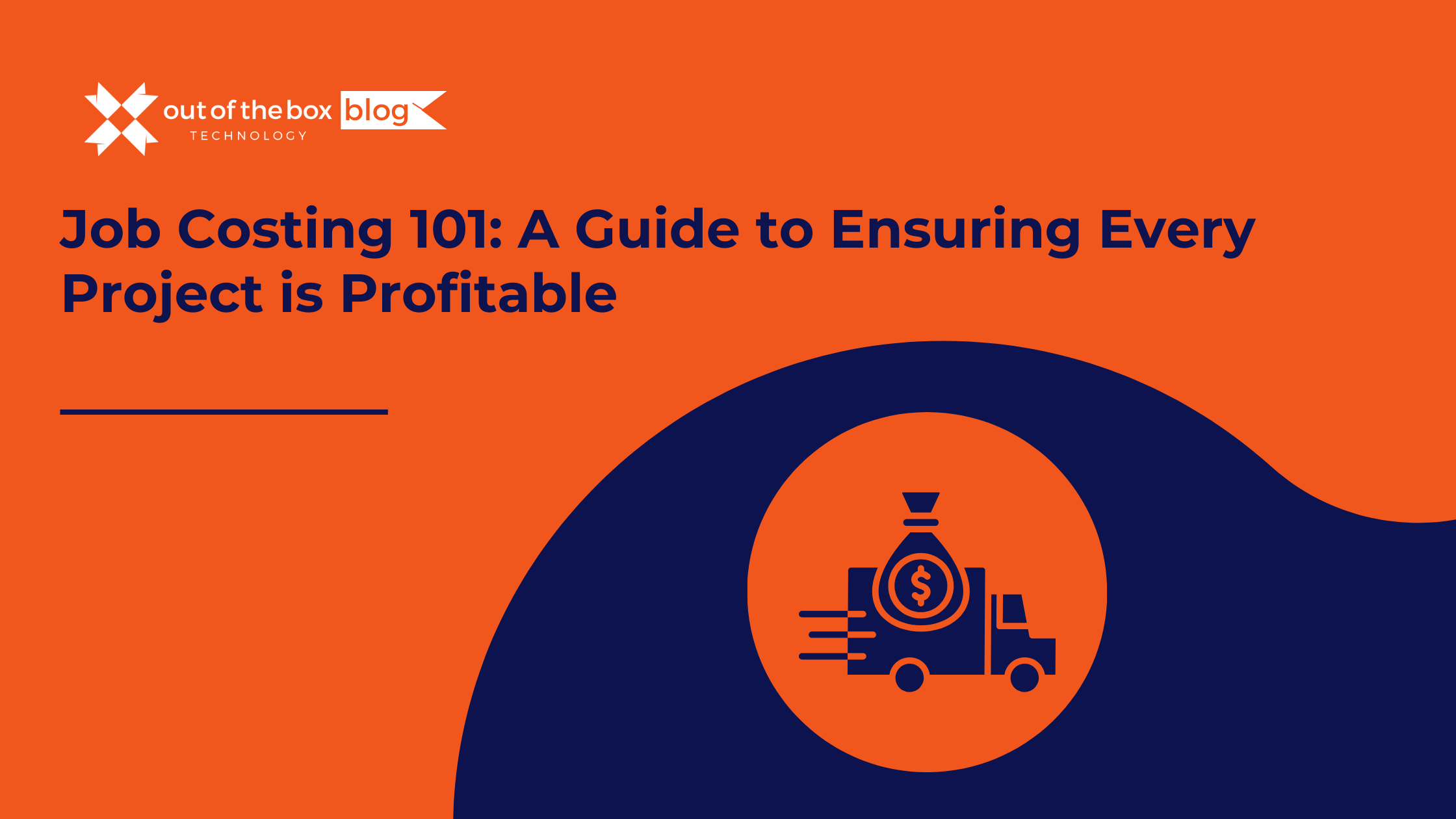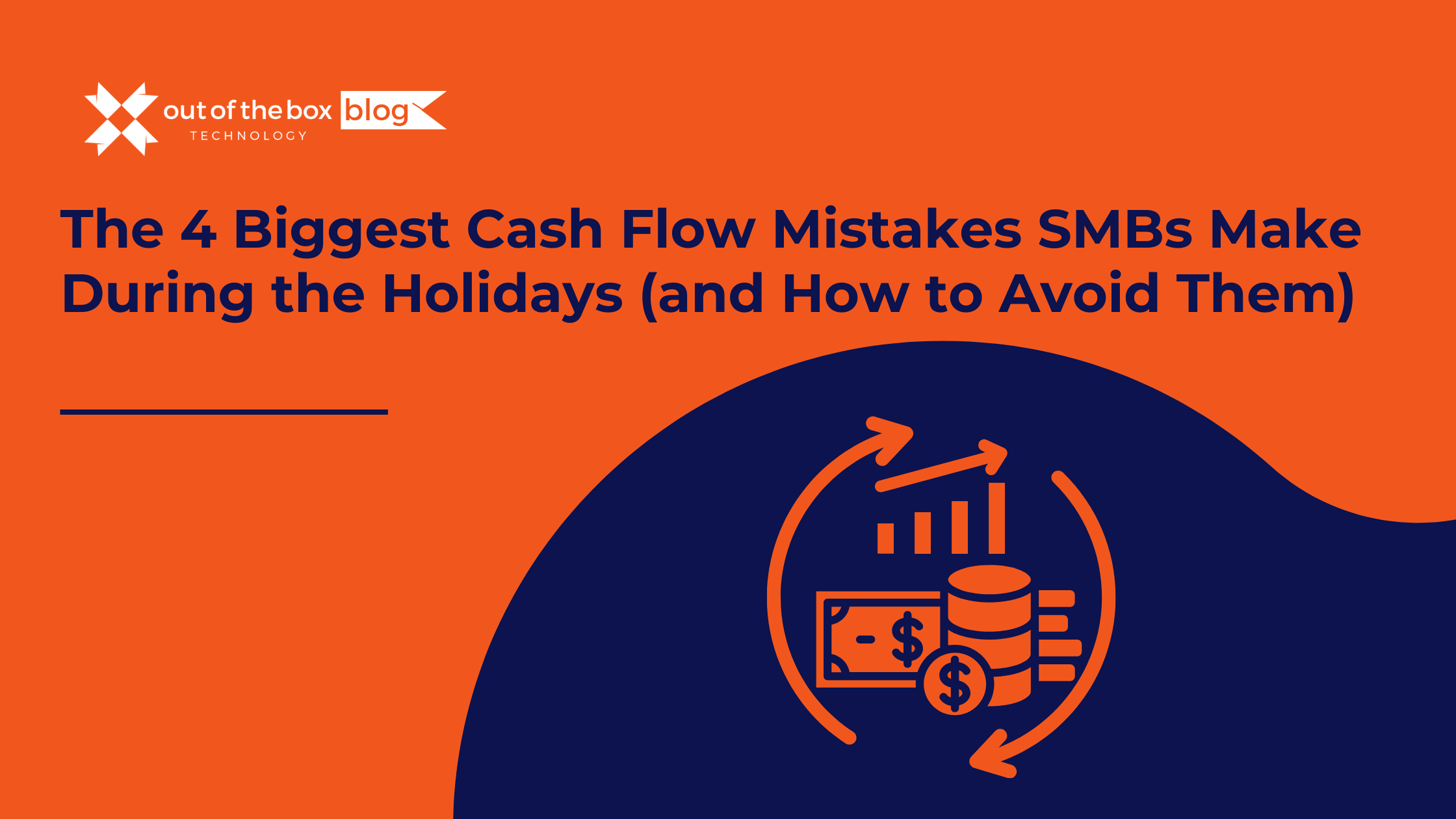Keeping accurate financial records is vital to the success of any business. However, when entrepreneurs try to manage their books without proper training or experience, costly bookkeeping mistakes can happen. While DIY bookkeeping may seem like a good way to cut expenses, it often leads to issues that require professional intervention—and more money—to fix later on.
In this article, we’ll highlight seven of the most common DIY bookkeeping mistakes, explain why they happen, and provide practical strategies to avoid them. Whether you’re a small business owner or a freelancer trying to stay organized, this guide will help you build better financial habits.
Primary keyword: bookkeeping mistakes
Secondary keywords: small business bookkeeping, DIY bookkeeping, accounting errors, bookkeeping help, how to avoid bookkeeping mistakes
Table of Contents
-
Failing to Separate Business and Personal Finances
-
Misclassifying Expenses
-
Not Reconciling Bank Accounts
-
Ignoring Accounts Receivable and Payable
-
Poor Recordkeeping and Missing Receipts
-
Skipping Regular Bookkeeping Reviews
-
Not Using Accounting Software Correctly
Bonus: How to Avoid These Bookkeeping Mistakes
FAQs
1. Failing to Separate Business and Personal Finances
One of the biggest rookie bookkeeping mistakes is mixing personal and business finances. It’s common among sole proprietors or new business owners, but it creates significant issues when it’s time to file taxes or apply for financing.
Why It Matters
When business and personal expenses are combined, it becomes difficult to:
-
Track cash flow
-
Monitor business performance
-
Justify tax deductions during an audit
According to the IRS, inadequate records and mixed transactions are top triggers for audits among small businesses.
Example
Buying office supplies with your personal credit card and forgetting to log the expense in your books can lead to understated business expenses—resulting in overpaid taxes.
How to Avoid It
-
Open a separate business bank account and credit card
-
Use accounting software that clearly categorizes expenses
-
Reimburse yourself properly for business expenses paid personally
2. Misclassifying Expenses
Mislabeling transactions is one of the most common bookkeeping mistakes for small businesses. It may seem harmless to put a vendor payment under “Office Supplies” instead of “Professional Services,” but those errors can snowball.
Why It Matters
-
Skews financial reports
-
Leads to inaccurate tax filings
-
Affects business decisions based on faulty data
Example
If you mistakenly classify contractor payments as employee wages, you could face penalties for not withholding payroll taxes.
How to Avoid It
-
Use predefined chart of accounts in bookkeeping software
-
Create a simple expense coding guide
-
Consult a bookkeeper or accountant for questionable entries
3. Not Reconciling Bank Accounts
Skipping monthly bank reconciliations is like driving without checking your dashboard. You might not notice incorrect charges, duplicate payments, or missing income until it’s too late.
Why It Matters
Bank reconciliations catch errors before they become major problems. Reconciling regularly ensures that what’s in your books matches your actual cash position.
A QuickBooks survey revealed that 60% of small business owners don’t reconcile monthly, increasing their risk for fraud and accounting discrepancies.
Example
You issue a client refund, but the transaction is accidentally duplicated. Without reconciliation, you may never catch the double payment.
How to Avoid It
-
Reconcile accounts monthly (or weekly if you’re high volume)
-
Use accounting tools that integrate with your bank feeds
-
Flag any discrepancies immediately for review
4. Ignoring Accounts Receivable and Payable
DIY bookkeepers often focus on immediate cash in and out, but neglect aging receivables and unpaid bills. This leads to cash flow surprises and strained vendor relationships.
Why It Matters
Unmanaged A/R and A/P can:
-
Hurt cash flow
-
Lead to late fees or missed revenue
-
Damage relationships with clients and vendors
Data from U.S. Bank shows that 82% of small businesses fail due to poor cash flow management—often a result of neglected receivables and payables.
Example
You forget to follow up on an overdue invoice for $2,000. By the time you realize, the client has gone silent or closed shop.
How to Avoid It
-
Set calendar reminders or automate invoice follow-ups
-
Use dashboards that show aging receivables/payables
-
Establish clear payment terms and penalties
5. Poor Recordkeeping and Missing Receipts
Another major bookkeeping mistake is not saving or organizing receipts. Whether paper or digital, missing records mean trouble during audits or year-end tax prep.
Why It Matters
-
Inability to prove deductions
-
Risk of IRS penalties
-
Extra work during tax season
The IRS requires businesses to keep receipts for all expenses over $75—and for anything related to travel, entertainment, or gifts.
Example
You claim $500 in meals and travel but can’t provide documentation when audited. That deduction could be disallowed.
How to Avoid It
-
Use apps like Expensify or Receipt Bank to digitize receipts
-
Store them in cloud-based folders by category/month
-
Attach receipts directly in your accounting software
6. Skipping Regular Bookkeeping Reviews
Many DIY business owners wait until tax season to update their books. This reactive approach results in rushed entries, missed deductions, and poor financial oversight.
Why It Matters
Regular reviews help:
-
Spot trends and issues early
-
Keep your books tax-ready year-round
-
Provide real-time insights for better decision-making
Example
You realize in March that you forgot to record $10,000 in income from the previous July. Fixing that late creates extra work and potential tax penalties.
How to Avoid It
-
Set aside time weekly or monthly for bookkeeping
-
Create a bookkeeping checklist to review regularly
-
Schedule quarterly reviews with a professional
7. Not Using Accounting Software Correctly
Many small business owners use tools like QuickBooks, Xero, or Wave but don’t understand how to use them properly. Software helps—but only if set up and maintained correctly.
Why It Matters
Incorrect setup or use leads to:
-
Double entries or missed transactions
-
Faulty reports
-
Higher CPA fees at tax time to clean up the mess
Example
You connect your bank feed but never categorize transactions. Come tax time, you have 800 uncategorized items and no idea where to start.
How to Avoid It
-
Take a tutorial or course on your accounting software
-
Set up automations for recurring transactions
-
Have a pro review your setup once per year
FAQs
1. What’s the most common bookkeeping mistake?
Mixing personal and business finances is the most frequent and harmful mistake for small business owners.
2. Is it OK to do my own bookkeeping?
It can be, but only if you’re consistent, organized, and using proper tools. Many owners start DIY and eventually outsource.
3. How often should I review my books?
At a minimum, review monthly. High-volume businesses should check weekly or biweekly.
4. What happens if I make a mistake in bookkeeping?
It depends on the error. Small mistakes may cause reporting issues, while big ones can result in tax penalties or even legal trouble.
5. Should I use a spreadsheet or bookkeeping software?
Software is almost always better. Spreadsheets increase the risk of manual errors and lack automation.
Final Thoughts
DIY bookkeeping might save money in the short term, but if you’re not careful, those savings can vanish with just one costly error. By understanding and avoiding these common bookkeeping mistakes, you can protect your business, improve cash flow, and stay compliant with tax laws.
If you’re finding it difficult to keep up, don’t wait for tax season panic to hit—partnering with a bookkeeping expert can give you the clarity and peace of mind you need to grow confidently.
Need help fixing bookkeeping mistakes or setting up your books the right way? Get in touch with our team for a free consultation—so you can spend more time building your business and less time worrying about the numbers.




